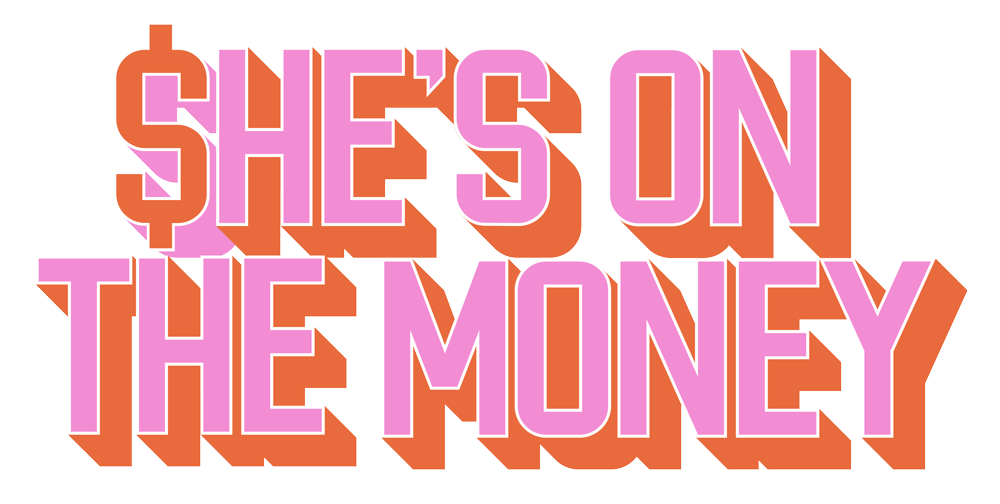How to stay calm about your finances amid the corona virus panic
These past weeks have seen the Australian Government deploy draconian measures to ensure social distancing is taken seriously across the nation to help halt the rapid spread of COVID-19, and have put in place plans to shield us from the devastating economic blow the contagion has caused were also announced. We wrote a post detailing their plans here, which is an important read if your job is in jeopardy and you require financial assistance.
It’s vital too that we chat about how to keep calm during this time, and discuss what you can do to disaster-proof your finances throughout this crisis.
To help ease our angst, we’ve compiled a guide of what you should be doing to make sure you’ll be financially okay during (and long after) this peculiar time – amid all of the cloud and confusion, we implore you to stay positive – we may not be able to control much right now but we can control the way we choose to see the world.
START BY ASSESSING YOUR SITUATION
Before you get so stressed you can’t see straight, it’s a good idea to tee up a meeting with your financial advisor (or if you don’t have one, find one). This is a particularly smart move if you are invested in the share market and require a little peace of mind and some clarity as to where you stand at this unstable time.
An advisor will be able to assess your situation without the emotional bias you may unknowingly bring along should you opt instead to do it all on your own. They’ll sit you down, pour you a calming cuppa and discuss your position and risk profile, and from there will make advisements based on where you are realistically now placed.
If you were already working with a financial advisor prior to this outbreak, we’re pretty confident they would have chosen shares for you in accordance with your risk profile and as aligned with your values, the lifestyle you lead and the assets you have. It’s likely too that they would also have managed your portfolio so that is well-diversified, covering you in the event of market downfall such as that triggered by COVID-19.
What if you’re in self-isolation and want to see an advisor but can’t leave home? We hear you – lots of financial advisors across the country will be more than happy to help you over the phone/via video chat, so just get in touch and see how you can arrange to work together.
AVOID THE TEMPTATION TO PANIC SELL YOUR SHARES
When the stock market is plummeting, it’s normal to be freaking out and to want to rush to pull your money out of your investments, however, it’s SO important we remember that investments are for the long haul, not just for a fleeting few years, and history shows (though not a reliable indicator of future performance #standard-financial-advisor-disclaimer) that the market will swing back around. Your money is in a far more fruitful spot if you keep it where it is, refusing the temptation to panic sell your shares, which we know lots of people are doing right now to “save what they have” instead of understanding that peaks and troughs in the market are very much the norm.
The key takeaway? It’s a far smarter idea to hold on to your shares than to stress sell them.
PAY ATTENTION TO THE HISTORY BOOKS
Similar health crises have interrupted the international economy before and reassuringly, the global stock market recovered. Severe Acute Respiratory Syndrome (SARS), struck in 2003 and at the time a feeling of panic swept the globe, not dissimilar to how many are feeling right now about COVID-19. The virus infected about 8,000 people, claimed almost 900 lives worldwide and shaved 0.5% to 1% off China’s growth in 2003, according to various estimates. Though estimates vary, the World Bank says that the SARS outbreak in China cost the global economy around $54 billion, yet we still bounced back. Yes, we know the mortality rate of COVID-19 is higher, but that doesn’t render this figure redundant. Similarly, the Swine Flu in 2009 ( 575,000 related deaths) the Ebola outbreak of 2014 (11,315 related deaths) and MERS in 2015 (858 related deaths) all had adverse effects on the stock market, where a steep initial stock market decline took place, however in each case the economy bounced back, and those who had well-diversified investment portfolios and who did not panic sell their shares did not suffer after the crises had dissipated.
WHAT IF MY EMPLOYMENT IS NOW COMPROMISED?
Of course, there are huge implications for those in certain sectors, with lots of jobs being impacted by the ripple effects of this pandemic and for many, the potential loss of employment/hours and income – particularly in the wake of the Government’s recent shutdown restrictions – is more of a worry than how their shares are performing should they even have any.
You may be eligible to the packages the Government announced on March 22, so head to https://treasury.gov.au/coronavirus or to our recent blog post to grasp a better understanding of what’s available to you and how you can access the assistance.
AND NOW BREATHE.
Yep, this a scary/confusing/bewildering time and it’s okay to be anxious – but just remember that adding stress to the situation will not make it any easier and this is a time where we really need to be kind to ourselves and to others - we are all in this together, so let’s rally, support one another, take the calls for self isolation seriously and strive to stay as positive as we possibly can.
Need to chat to an advisor? Head to the She’s on the Money website to speak with one of our advisors about how we can place you in the best financial position possible.
